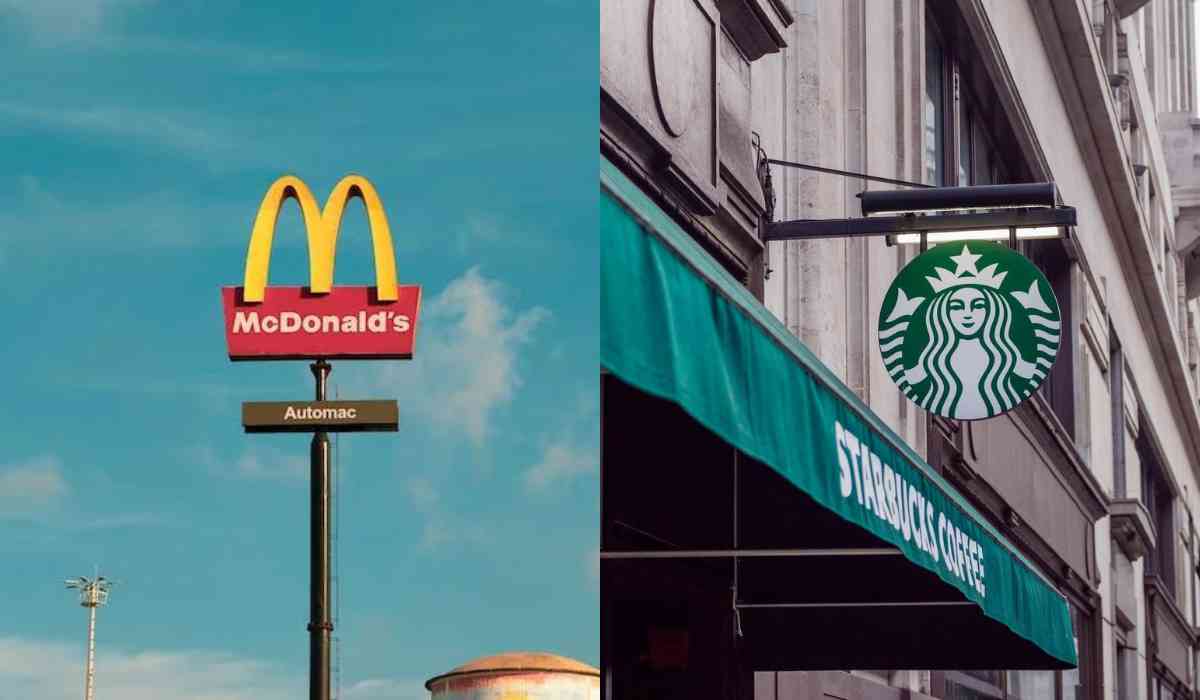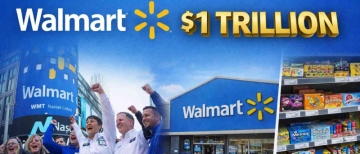Both McDonald's and Starbucks, two of the biggest food chains in the United States, have attributed their lower sales at the end of the previous year to the Israel-Hamas conflict.
On Monday, McDonald's stock fell almost 4% following the company's disclosure that a slowdown in sales in the Middle East contributed to its fourth-quarter revenue shortfall. Starbucks' stock has dropped over 2% since Tuesday, when the firm reported that the protracted conflict had impacted its US sales in the final three months of the year.
McDonald's has failed to fulfill a big sales target, owing mostly to customer boycotts over the company's perceived support for Israel. Before this, McDonald's acknowledged the impact of the conflict and blamed "misinformation".
Several Western firms, including McDonald's, Starbucks, and Coca-Cola, have suffered boycotts and demonstrations by anti-Israel activists.
McDonald's doesn't anticipate its Middle Eastern sales to recover
In the meantime, McDonald's CEO Chris Kempczinski said that the conflict had a "disheartening" effect on sales in the Middle East and in nations where the majority population is Muslim, such as Malaysia and Indonesia.
"We don't anticipate any major improvements in this as long as this conflict, this war, continues." The current situation is a human tragedy, and I believe it affects companies such as ours. Kempczinski stated on Monday in a statement.
McDonald's has more than 40,000 locations across the globe, the majority of which are franchised operations owned and run by thousands of independent companies. Approximately 5% of its stores are located in the Middle East.
Starbucks's US and Middle Eastern revenues are declining

Starbucks Workers United, which oversees hundreds of the chain's unionized cafés, expressed sympathy for Palestinians, prompting conservative condemnation and boycotts. Starbucks tried to distance itself from the tweet by suing Workers United for trademark infringement.
On Tuesday, Starbucks CEO Laxman Narasimhan said that the company's sales in its US cafés as well as the Middle East have decreased. Despite a sharp decline in foot traffic, the chain's fiscal first quarter ended December 31 witnessed a 5% gain in same-store revenues in the US. Unlike Starbucks, McDonald's did not record any impact on their US sales.
In addition to McDonald's and Starbucks, some activists have called for a boycott of Domino's Pizza, Papa John's, and Burger King from Restaurant Brands International, as well as Pizza Hut from Yum Brands.
























